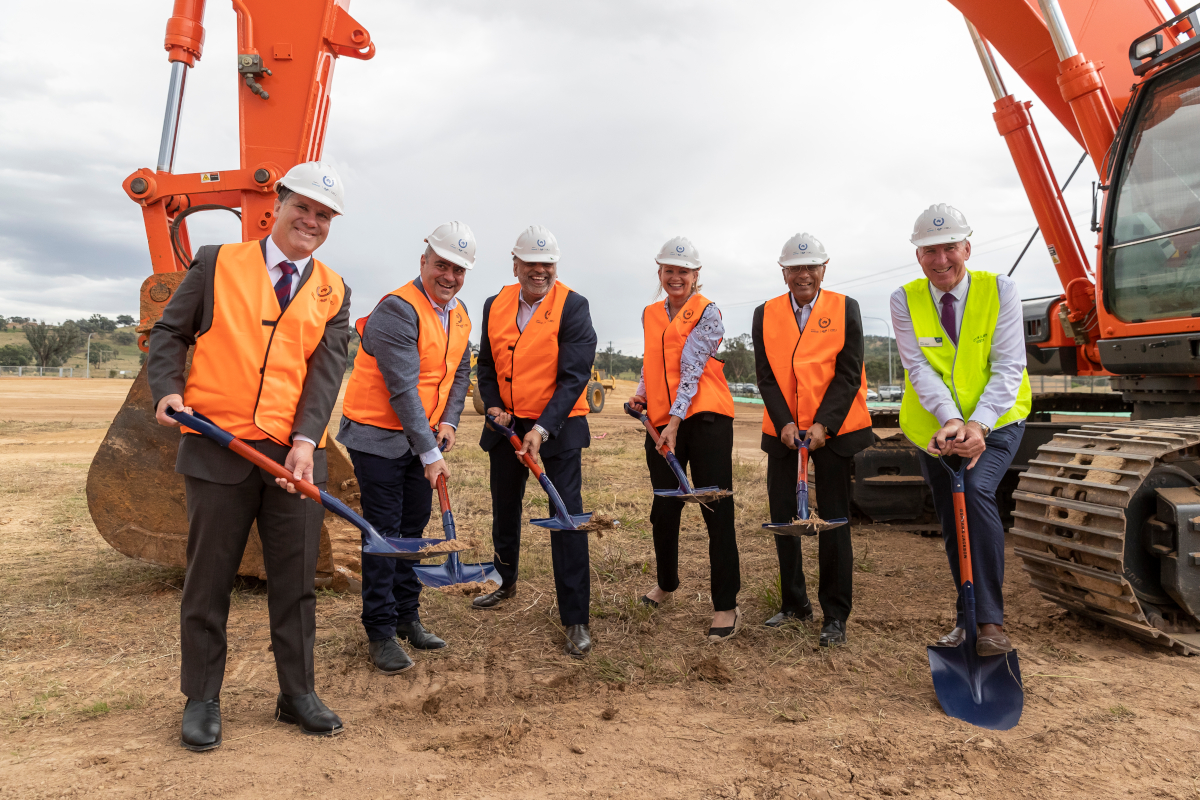Asahi Beverages has unveiled its latest sustainability agenda, which builds upon previous commitments, whilst introducing new targets.
The Japanese global drinks company believes its scale of operations will allow it to make significant strides towards a sustainable future in ANZ.
Robert Iervasi, Asahi Beverages Group CEO, said that this move was not a token gesture: “Sustainability is core business for Asahi Beverages.”
“We are determined to do much more than make vague and distant promises that gather dust. That’s why we’ve already made some incredibly important transformative and tangible changes to become more sustainable.”
The new agenda encompasses climate change, sustainable packaging and ‘the circular economy’. Key targets include:
- 100 per cent of purchased electricity from renewable sources by 2025.
- Zero waste to landfill at Asahi’s manufacturing sites and warehouses by 2030.
- Net zero carbon emissions by 2050 – with engagement of Asahi’s suppliers to reduce carbon emissions beyond the company’s core business operations.
- Transition to 100 per cent eco-friendly (compostable, bio-based or 100 recycled content) materials for PET bottles by 2030.
A full list of targets can be found here.
These targets come on the back of Asahi’s announcement of a joint venture with Coca-Cola to build a PET plastic recycling centre in Altona North, Victoria earlier this month.
Another PET recycling plant is also slated to open in Albury, NSW, with each of the facilities capable of processing the equivalent of 1 billion plastic bottles.
The CEO of the Australian Packaging Covenant Organisation, APCO, Brooke Donnelly, gave Asahi’s agenda her endorsement, saying: “It’s fantastic to see a Member of both APCO and the Australian, New Zealand and Pacific Island (ANZPAC) Plastics Pact showing strong leadership in such a critical area.”
“As one of the largest beverage companies in the region, it’s so pleasing to see Asahi Beverages not only making a firm commitment for a sustainable future, but also already rolling out exactly the kind of packaging initiatives we need to see across the industry moving forward.”
Asahi has also installed a large solar project at its Queensland brewery, and begun processing beer deliveries using electric Linfox trucks. The company now purchases 90 per cent of its barley from Australian farmers, reducing carbon footprint and supporting local farmers, while encouraging suppliers to adopt sustainable growth practices.
For Iervasi, Asahi’s sustainability agenda forms part of a long term strategy: “Many of our brands date back to the 19th century. These targets will help us create an entirely sustainable business so we can continue producing some of Australia and New Zealand’s favourite beverages for the next 200 years and beyond.”
“We want our employees, customers and consumers to know that when they make or buy our products, they’re supporting a more sustainable future for Australia and New Zealand,” Iervasi concluded.

